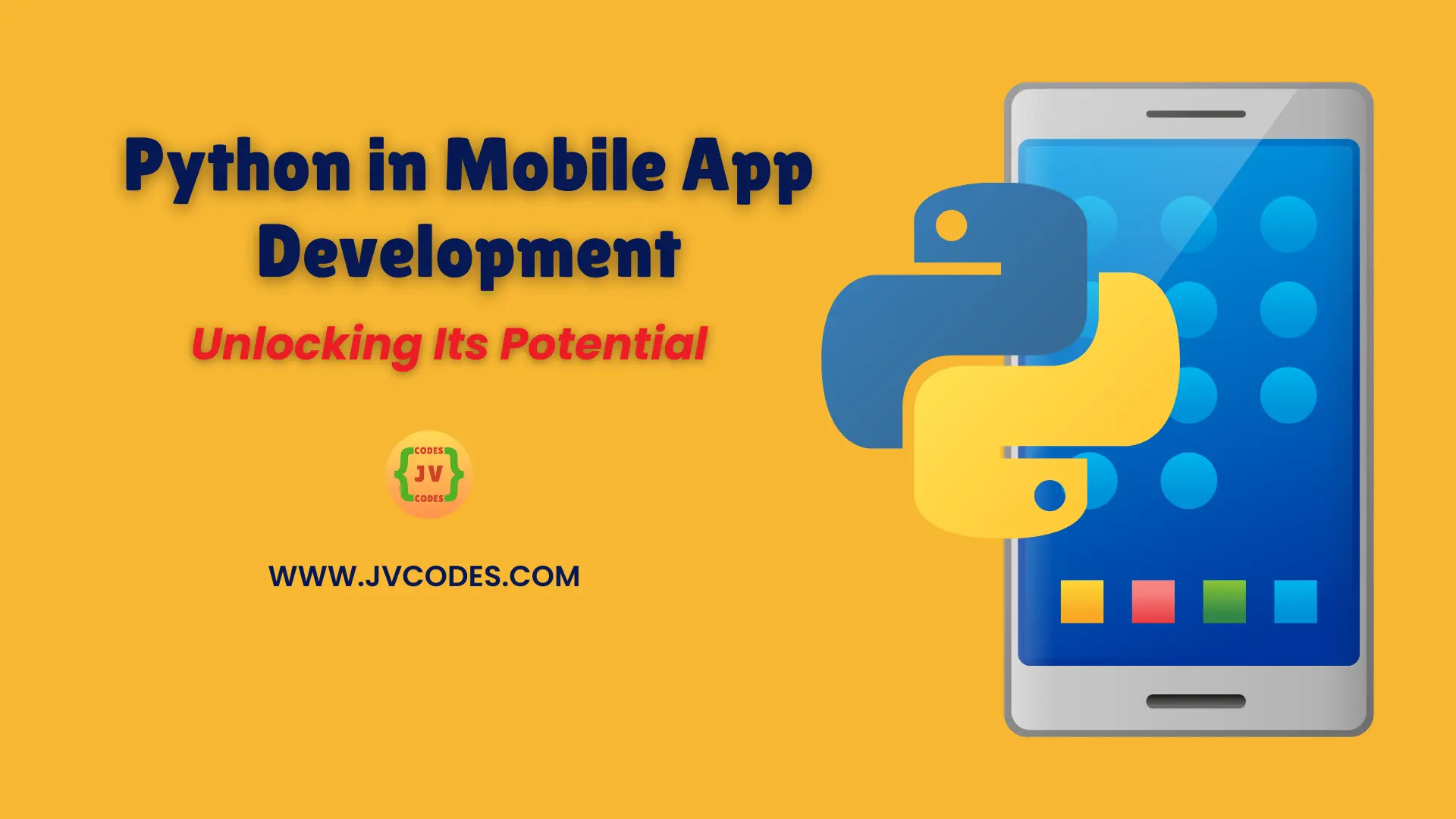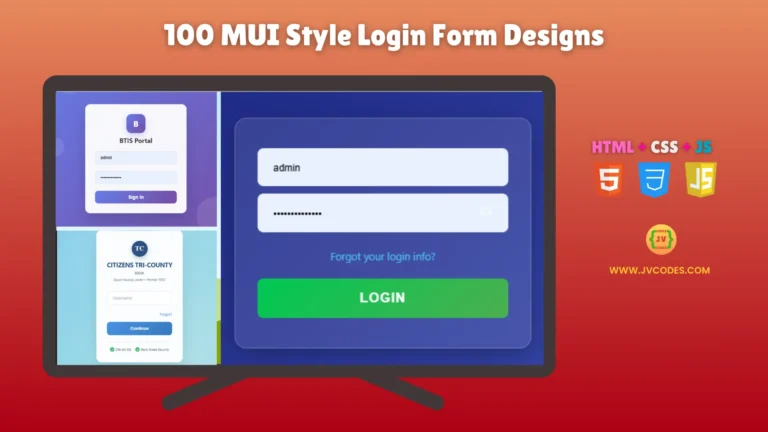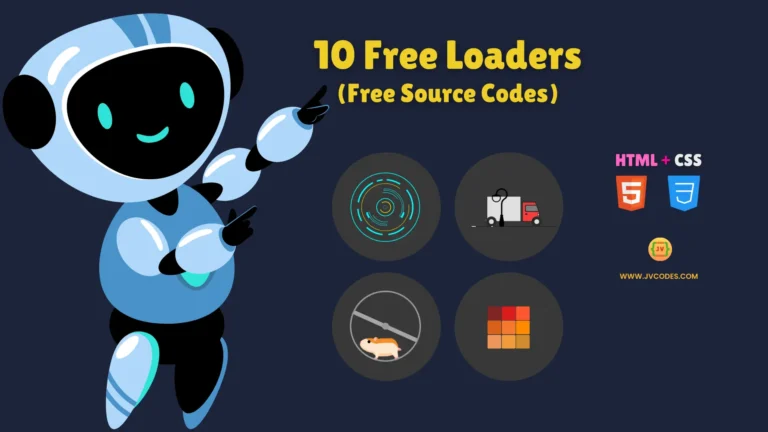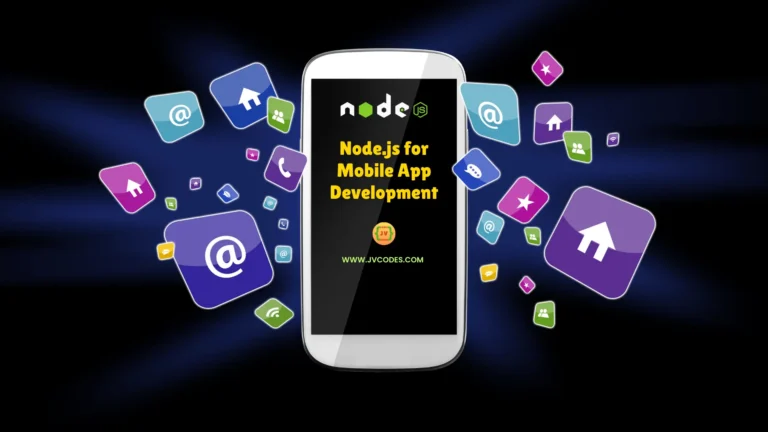Python in Mobile App Development: Unlocking Its Potential
When it comes to mobile apps, there are languages like Swift or Kotlin, or maybe even Java. Well, here is something people have not known, Python, which people consider as the perfect language due to its simplicity and flexibility, is also used in creating mobile applications.
Compared to other languages, Python may not be the most suitable option for native app development, yet it has unique tools and frameworks that can be used.
Let’s explore the possibilities of using Python in mobile app development and why it’s worth considering.
Can Python Be Used for Mobile App Development?
The short answer is yes! Python, generally, is used for web development, data analysis and for automations, but it can also be used to create apps for mobile devices. However, it doesn’t provide support to build native mobile applications in Python directly, but there are a number of frameworks that enhance portable Python apps. These frameworks mean that developers are able to create Python scripts which are compatible with androids and IOS.
However, one must note that python may be somewhat slower than more optimized language designed for mobile operating systems. Despite this, its simplicity and the availability of robust libraries make it a strong candidate for specific types of applications.
Popular Frameworks for Python Mobile App Development
If you want to build mobile applications using Python, then you have to use a framework.
1. Kivy
The Kivy is the open source Python library for the developing apps for operating systems and platforms. Particularly, it offers a great API, which enables you to create applications for different platforms. Kivy enables one to develop multi-touch applications and run the application on Android, iOS, Linux and Windows.
2. BeeWare
BeeWare is yet another great tool for creating apps that look native to the platform being targeted by the developer while using Python. It helps a developer to write app once and the app can run in several platforms. BeeWare aims at using native UI elements of the target platform, which makes applications look more natural.
3. PyQt
PyQt is a open source Python bindings for the Qt application framework. It is primarily known as a tool for desktop development, but it can also be implemented in mobile application creation, especially when mobile application requires extra advanced interface features.
Advantages of Using Python in Mobile App Development
Python comes with a host of advantages that make it appealing for mobile app development:
1. Ease of Use
Python is easy to learn and understand because of its plain language, it’s suitable to be worked by developers, newcomers in mobile app development as well. It enables quick and successive creation of prototypes, something is critical advancing development hypothesis of the present world.
2. Rich Library Ecosystem
Python boasts an extensive library of tools and modules, enabling developers to integrate features like machine learning, data analytics, and API integration into their apps effortlessly.
3. Community Support
Currently, Python is one of the most popular programming languages with a massive number of developers. This means that there will always be resource, tutorials and support when dealing with some issues in the mobile application project.
Real-World Use Cases of Python in Mobile Apps
In the context of Python in mobile app development, Python has been broadly used in creating a number of mobile applications mostly in machine learning, data driven applications and mobile automation tools. For example:
- Finance Apps: It can be said that Python is used to create applications related to data analysis and financial modeling.
- Educational Apps: To put into practice what is taught in computer classes, programs such as SoloLearn use python for back end programming.
- Utility Apps: Most of the utility tools or automation application developed with the Python language due to the easy to understand and optimize the language.
These examples indicate that Python in mobile app development is not just theoretical—it’s actively shaping real-world applications today!
Challenges of Python for Mobile App Development
While Python has its advantages, there are some challenges to keep in mind:
1. Performance
It is good to know that python is an interpreted language, and from this, it makes it slower than compiled languages such as Swift or Kotlin. But for fully performing apps like 3D games or AR apps, Python will not be the correct pick.
2. Limited Native UI Support
Developing mobile applications with python frameworks may also lack the kind of UI integration of native languages. That is why frameworks like BeeWare is developed to minimize this gap.
How to Start Mobile App Development with Python
If you’re trying to use Python for your mobile app, here’s how to get started:
1. Set Up Your Environment
Download Python on your system and decide whether to use framework such as Kivy or BeeWare. You will also need a code editor to code, you can use a Visual Studio Code, Stani’s Python Editor or PyCharm, etc.
2. Learn the Framework
Every framework has their own tools and format. If you are new to the chosen framework, read about it sometimes and watch resources like tutorials.
3. Build a Small Project
Firstly, let’s begin with a small project to see how Python used in mobile application development. For instance you develop a calculator application with very basic functions or an application that helps in creating to-do lists.
4. Test on Real Devices
After the basic functional app, it is essential to run the app on actual devices to check the app running on multiple platforms.
Future of Python in Mobile App Development
The future of Python in mobile app development looks promising, thanks to the continuous improvement of frameworks like Kivy and BeeWare. With the growth in the use of Python, we are likely to see better tools and libraries designed specifically for mobile development. In the same way, the rising global interest on cross development will surely help make Python even more appealing as more people try it out for development.
Conclusion
Python is not used for native mobile application development, but it has many opportunities for cross-platform applications, utility tools, and applications involving new technologies such as machine learning.
With frameworks like Kivy and BeeWare, developers can use Python in mobile app development to create innovative apps.
However, Python is one of the best languages to start a mobile app, especially if you are not an experienced programmer.
Check also these blogs!







